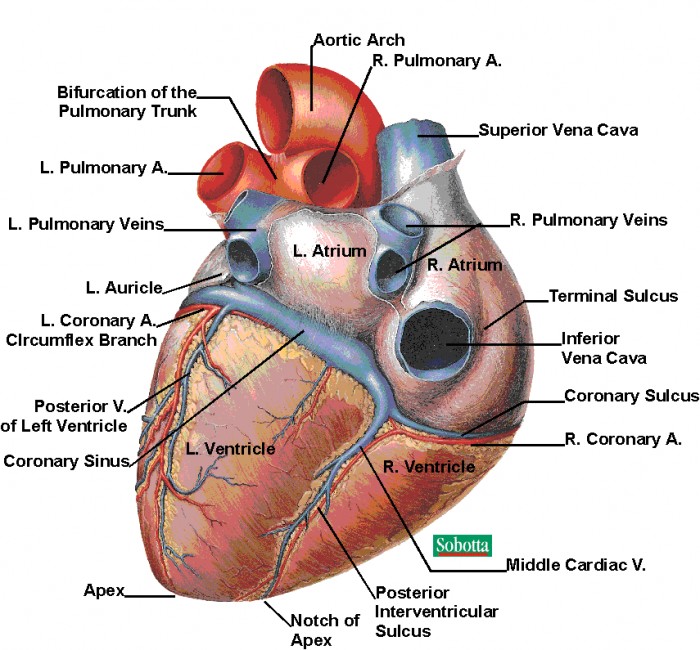|
|
|
Did you know?
Medication errors are three times higher among children and infants than with adults.
Did you know?
The highest suicide rate in the United States is among people ages 65 years and older. Almost 15% of people in this age group commit suicide every year.
Did you know?
Patients who cannot swallow may receive nutrition via a parenteral route—usually, a catheter is inserted through the chest into a large vein going into the heart.
Did you know?
There are 60,000 miles of blood vessels in every adult human.
Did you know?
Bacteria have been found alive in a lake buried one half mile under ice in Antarctica.







